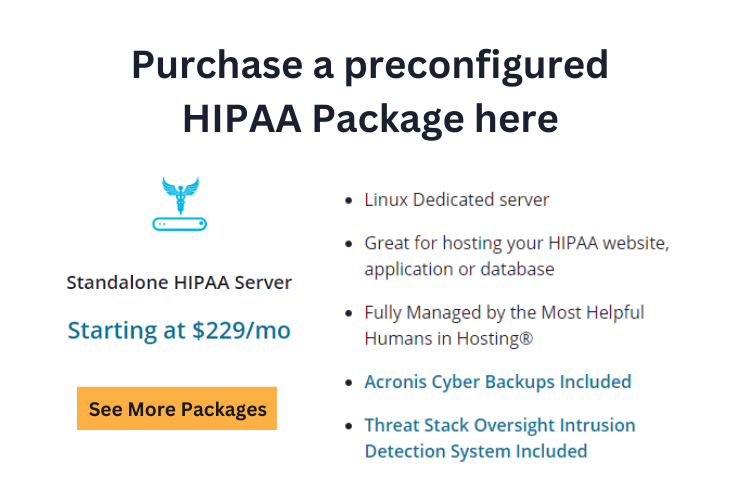Electronic prescribing of controlled substances (EPCS) is a standard set by the Drug Enforcement Administration (DEA) that regulates the electronic prescription of drugs classified as controlled substances. An important element of EPCS is the use of eSignatures, which are essential for ensuring the security and integrity of prescriptions. We have seen the use of these digital signatures become more widespread with the increase in telemedicine and online health services. Here, we will explore the EPCS eSignature requirements for web applications and outline how to comply with them.
Understanding EPCS eSignature Requirements
The DEA has established specific guidelines for EPCS. These standards include requirements for the eSignature application used by the practitioner to sign the prescription electronically. They are part of a broader framework that includes identification procedures, audit controls, recordkeeping, and reporting responsibilities.
For eSignatures in particular, the EPCS regulations, outlined in 21 CFR part 1311, establish that:
- Two-Factor Authentication: The electronic prescription application must require the use of two of the three possible factors: something you know (e.g., a password or response to a challenge question), something you have (e.g., a hard token stored separately from the computer being accessed), and something you are (biometric information).
- Digitally Signed: All electronic prescriptions must be digitally signed using a cryptographic process that satisfies the specific requirements of the DEA’s regulations.
- Non-Repudiation: The eSignature must be linked to the prescription in such a manner that it can’t be repudiated.
- Auditing: Audit trails must be established that record the date, time, and details of all eSignature actions.
Complying with EPCS eSignature Requirements
The first step in complying with these requirements is selecting an EPCS-compliant ePrescribing solution. However, there are several other necessary steps:
- Two-Factor Authentication: Use a solution that requires two-factor authentication for signing electronic prescriptions. For instance, the solution may require the provider to enter a password (something they know) and a fingerprint or retina scan (something they are), or they may use a secure token or smart card (something they have).
- Digital Signature: Ensure that your ePrescribing solution digitally signs prescriptions according to the standards set by the DEA. It must include a method for validating the provider’s identity and their intent to sign the prescription.
- Non-Repudiation: Ensure that the signature is bound to the document in a way that it cannot be repudiated. This generally involves cryptographic techniques that create a unique relationship between the document and the signature, rendering it invalid if any changes are made after the signature has been affixed.
- Audit Trails: Implement secure, tamper-proof audit trails that track all eSignature events. This can help with future legal disputes and is crucial for regulatory compliance.
- Credential Service Providers (CSPs) or Certification Authorities (CAs): Practitioners or the institution they work for must obtain a two-factor authentication credential or a digital certificate for signing electronic prescriptions of controlled substances from a CSP or CA that has been approved by the DEA.
- Identity Proofing: The identity proofing process should be completed by the practitioner’s institutional practitioner or by an authorized individual at a CSP or a CA.
Compliance with EPCS eSignature requirements not only meets regulatory obligations but also enhances patient safety by reducing prescription errors and drug abuse. As telemedicine continues to expand, we predict adherence to EPCS standards will be crucial in maintaining a high standard of care.
Remember, compliance is a complex process that requires ongoing effort, so always stay updated with the latest information from DEA and consider consulting with an expert to ensure you meet all requirements. Compliance is not just a one-time thing, it is a commitment to uphold safety and integrity.









